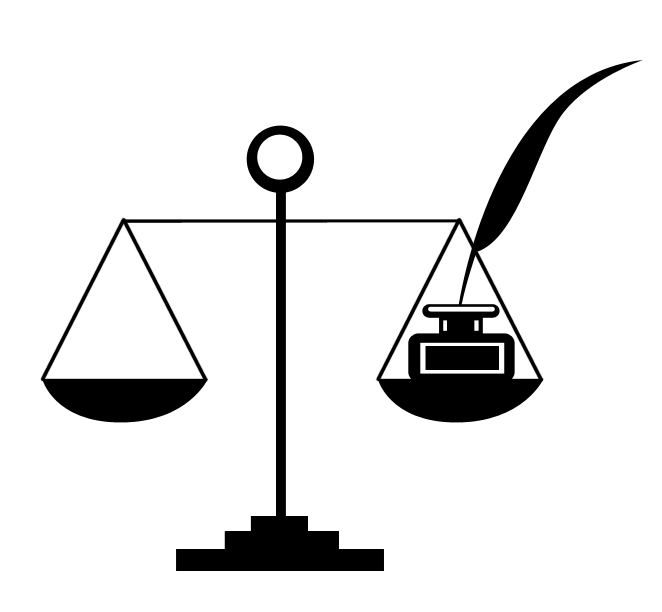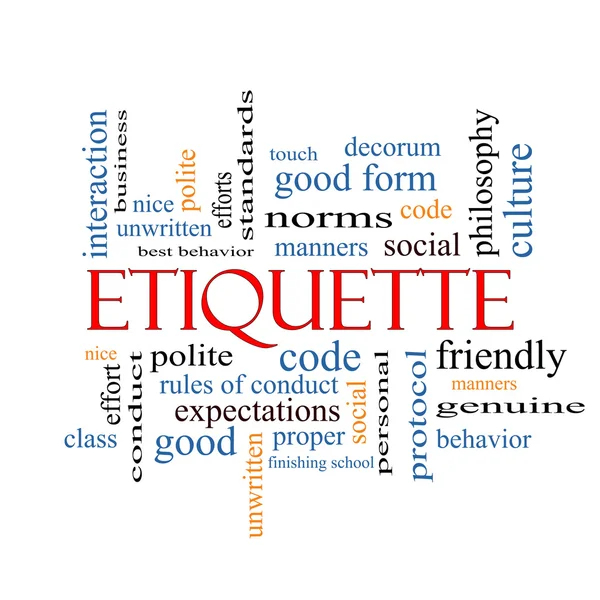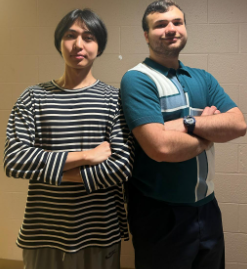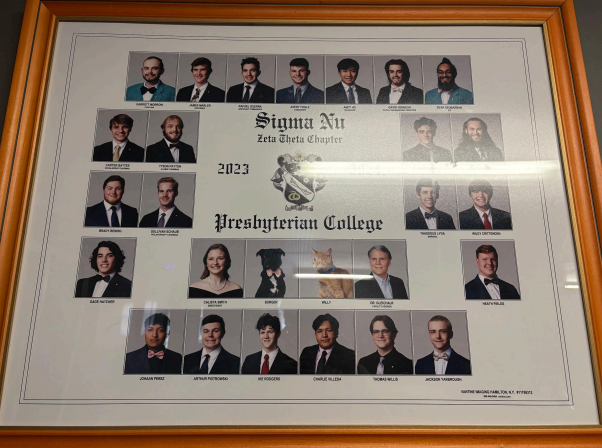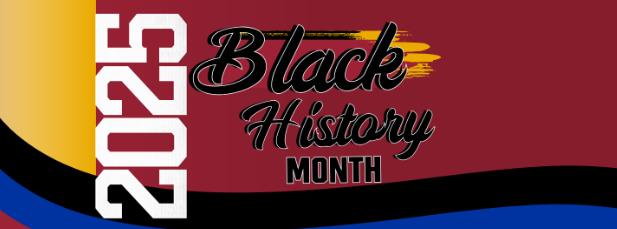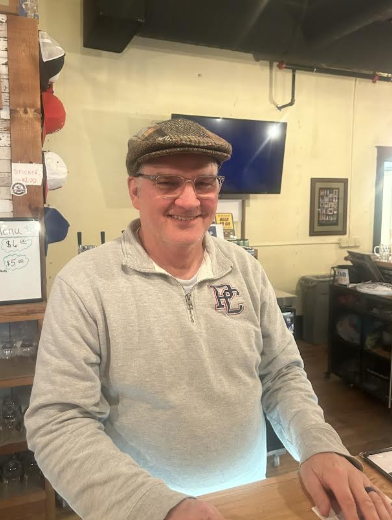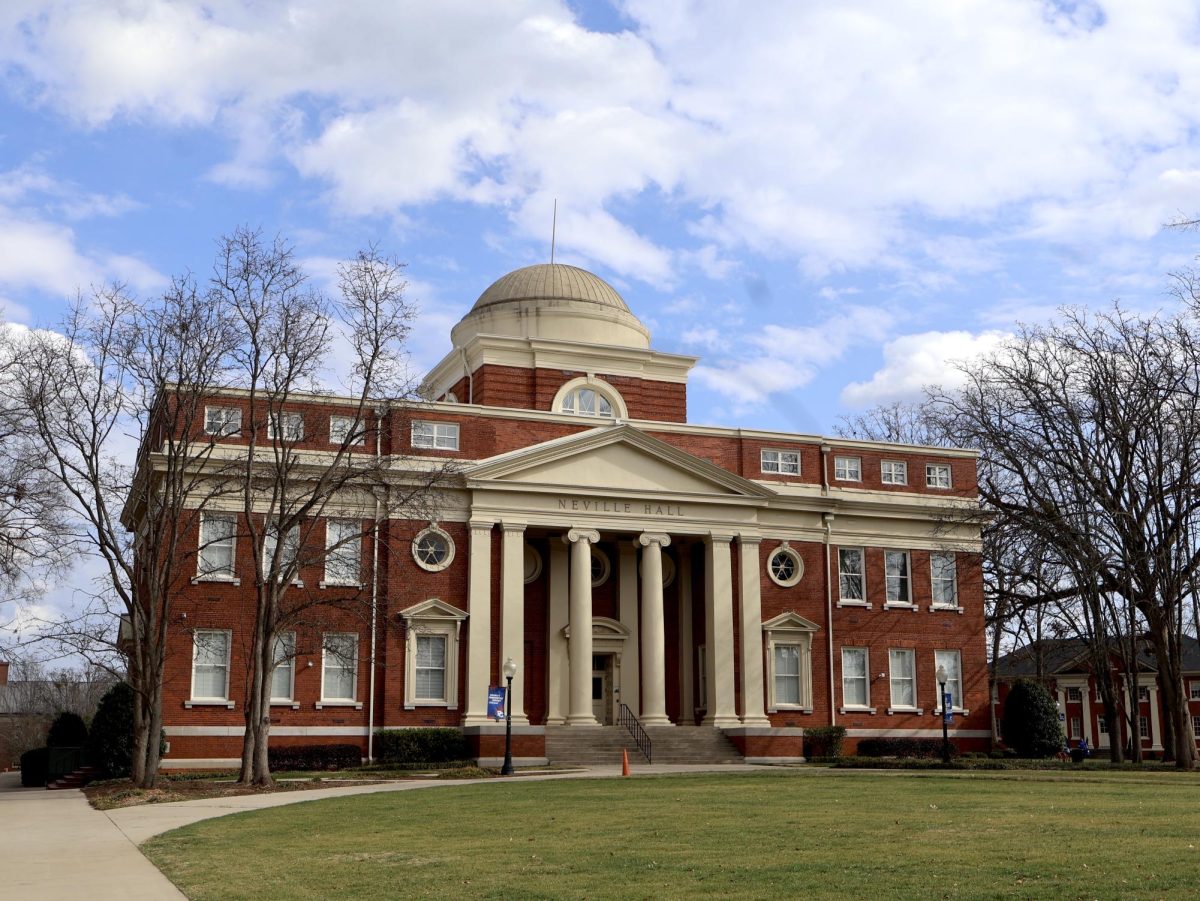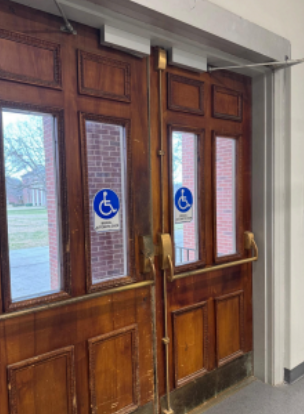“So, you want to be an English teacher?”
For other English majors like me, you may recognize this question as one that almost immediately follows being asked what your major is. Why is it assumed that being an English teacher is the only career path I want to pursue? Having an English degree means more than just becoming a teacher. Here is where the Writers@Work forum provides valuable insights to careers that stray from that “English teacher” stereotype English majors sometimes are pinned with.
The annual Writers@Work forum this year featured three alums from the legal profession. Kelley Perkins Brown serves as a public defender for Aiken County. Lindsey Sink Dasher works for Krusch & Sellers, a family law firm in Charlotte, N.C.. James Spence serves as a Master-in-Equity judge in Lexington. Each in turn described their transition from college into the legal profession and offered advice to students from the experiences they had in their careers.
Dasher began by describing her job, saying that in family court she mostly handles divorces, custodies, and financial issues. Occasionally she handles adoptions, which are the most uplifting cases but also the most rare. Early on, Dasher “knew that [she] liked to read and write, but [she] had no idea what to do.”
PC provided great preparation for Dasher to enter law school. She advised students to not be afraid to talk. After pointing out that some students sat in the back row of the room, she said, “You don’t want to hide in the back in your career.”
“You’re going to be called on. You got to think on your feet, which is great for being a litigator,” she said. She also pointed out that legal writing is much more concise and recommended that everyone be open to change when it came to their career.
Brown spoke next about being a public defender, saying that she enjoyed nothing in her three years of law school, but her passion was juvenile defense and that kept her going. Growing up in Thornwell, Brown used her experiences to shape her career path. As a public defender, Brown works in family court and highly draws upon the skill of persuasive writing she developed at PC. “Draw from every experience you have,” she said. “Do whatever you can to relate to the audience.” Doing this helps Brown in arguing her side of a case. She also advised students to do things that they like, because if they like it, they will do well in it.
Last to speak was James Spence, who opened by stating, “I’ve worked 25 years of private practice, and in my courtroom, as a judge, I never think I’m right.” How he judges a case stems from the arguments presented to him by the litigators. He compared the first day of law school to boot camp and said that “everything I learned on the football field helped in the classroom.” Writing in his career provided him the skills to read and understand something in order to write and speak about it in an understandable way for others. Spence also recommended everyone to read Stephen King’s “On Writing,” which states that writing is work and does not rely on a muse.
Each of the alums discussed writing as foundational to the specific skills they learned while working in the legal field. Writing provided them the ability to understand and convey information in accessible ways for others. Writing also helped them to make logical arguments and judgments in their cases. Though they serve as public defenders or judges or attorneys, they all rely on the writing skills they developed at PC to help them in their legal careers.
So perhaps the question to really ask is “What can writing do for you in your career?”

